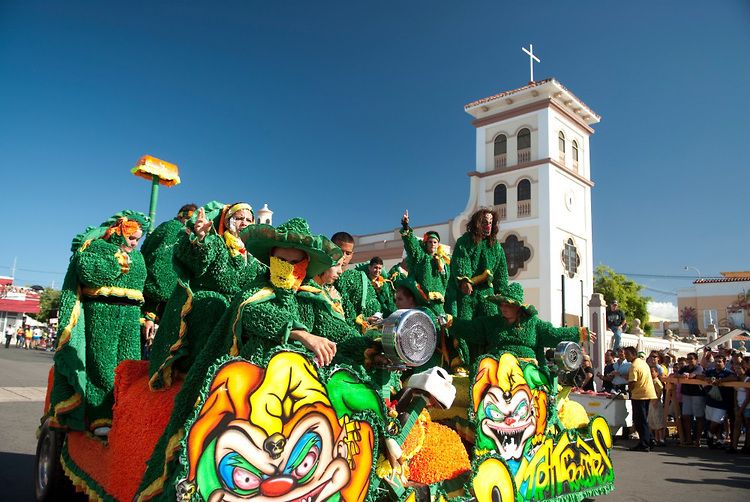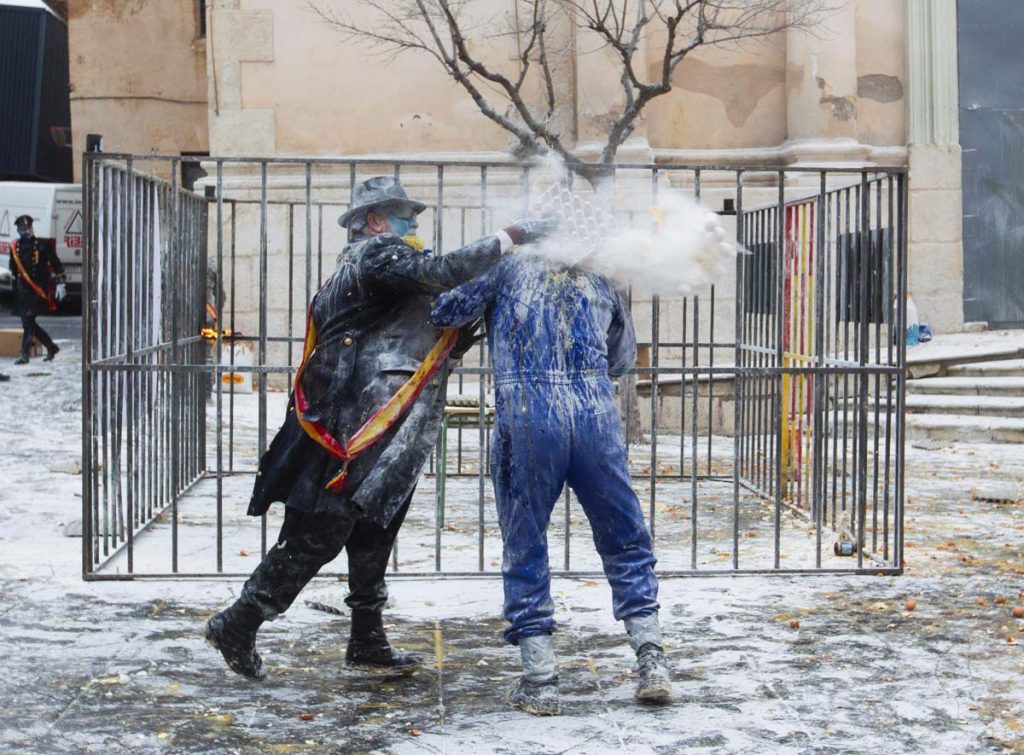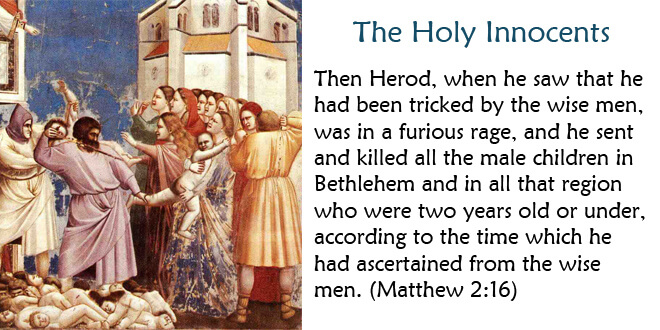Did you get fooled?
December 28th is Spain’s equivalent to April Fools day in the UK.
Well, I don’t know if we fooled many on the JC group today, but it certainly got a few laughs!

Airbus España, Spain’s leading helicopter plant has announced plans for the imminent manufacture of its new and innovative, “El Campercopter”.
The prototype can be seen at the Poligono Aeronautico y logistico, Carretera de las Peñas CM-3203, km. 5’300, 02006 Albacete, Just a little west of the Valencian region.
The vehicle will be launched officially in the New Year but pre-orders can be taken from midnight tonight. Sales of this unique vehicle are expected to reach record highs for Airbus España. ( As yet price unknown!)
Test drives require a special pilot licence to be obtained but will be accepted from all European countries ( except the UK – who fly on the wrong side of the sky).
This is one of the most popular and entertaining Christmas traditions in Spain.
December 28 is the day when everyone is allowed to play practical jokes and when it is customary to buy joke articles in local Christmas markets, especially proinent in the bigger cities.
This celebration seems to have its origins in an event narrated in the Bible concerning King Herod and the innocents, although over the centuries it has evolved to become a more boisterous day in which even the media usually reports on some outrageous and completely invented news stories.
One of the most widespread jokes on this day is to stick a figure cut out of white paper on someone’s back (without them realising). The word in Spanish for this practical joke is an “inocentada”. And, in the numerous Christmas markets (usually located in the large squares in the cities) you can find a whole range of joke articles (wigs, itching powder, false ink etc…).

Many areas in Spain also have other typical local celebrations on 28th December. Examples include the festivity of Los Locos (or “lunatics”) in Jalance (in Valencia, the mayor of the lunatics governs the town for 24 hours)!
The festivity of the Holy Innocents in Nogalt, Murcia, has popular dancing and bands of singers. The Danza de Los Locos, or “dance of the lunatics” in Fuente Carreteros (in Cordoba); the “Obispillo”, or “little bishop” (celebrated in places such as Burgos, Palencia and Murcia), where a small boy is chosen to carry out the duries of the bishop for one day; and the “Festa dels Enfarinats” de Ibi, Alicante, involving a “battle” fought with eggs, flour and firecrackers.

The more serious side of the tradition.
The celebration is named in honor of the young children who were slaughtered by order of King Herod around the time of Jesus’ birth. These young victims were called Santos Inocentes or “Holy Innocents” because they were too young and innocent to have committed any sins. The Bible tells us that Herod, blinded by jealousy because of the arrival or the new king of Jews, committed this crime to guarantee there would be no other like himself. Although the feast remains on the Catholic liturgical calendar, today the religious aspect of it has been almost forgotten, while the pranks that became popular during the Middle Ages live on in combination with winter festivities of pagan origin.

The Celebrations Today
Holy Innocents Day may be similar to April’s Fools Day but much tastier as Spaniards take any opportunity to celebrate with food. The modern take on what was supposed to be a day of prayers and repentance is celebrated in Spain in different ways depending on where you are. But no matter your location on the peninsula, you will surely encounter tasty tapas feast on an enormous meal, or munch on delicious sweets at bakeries and street stands.
Many medium-sized cities have parades, carnivals, and even balls and fund-raising banquets to help kids in need.


